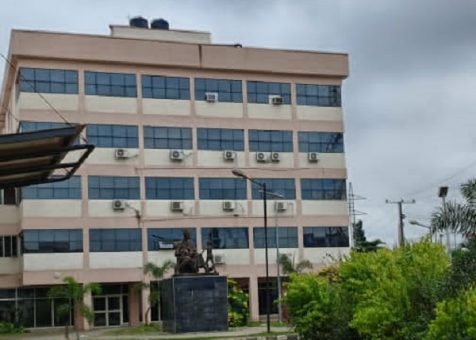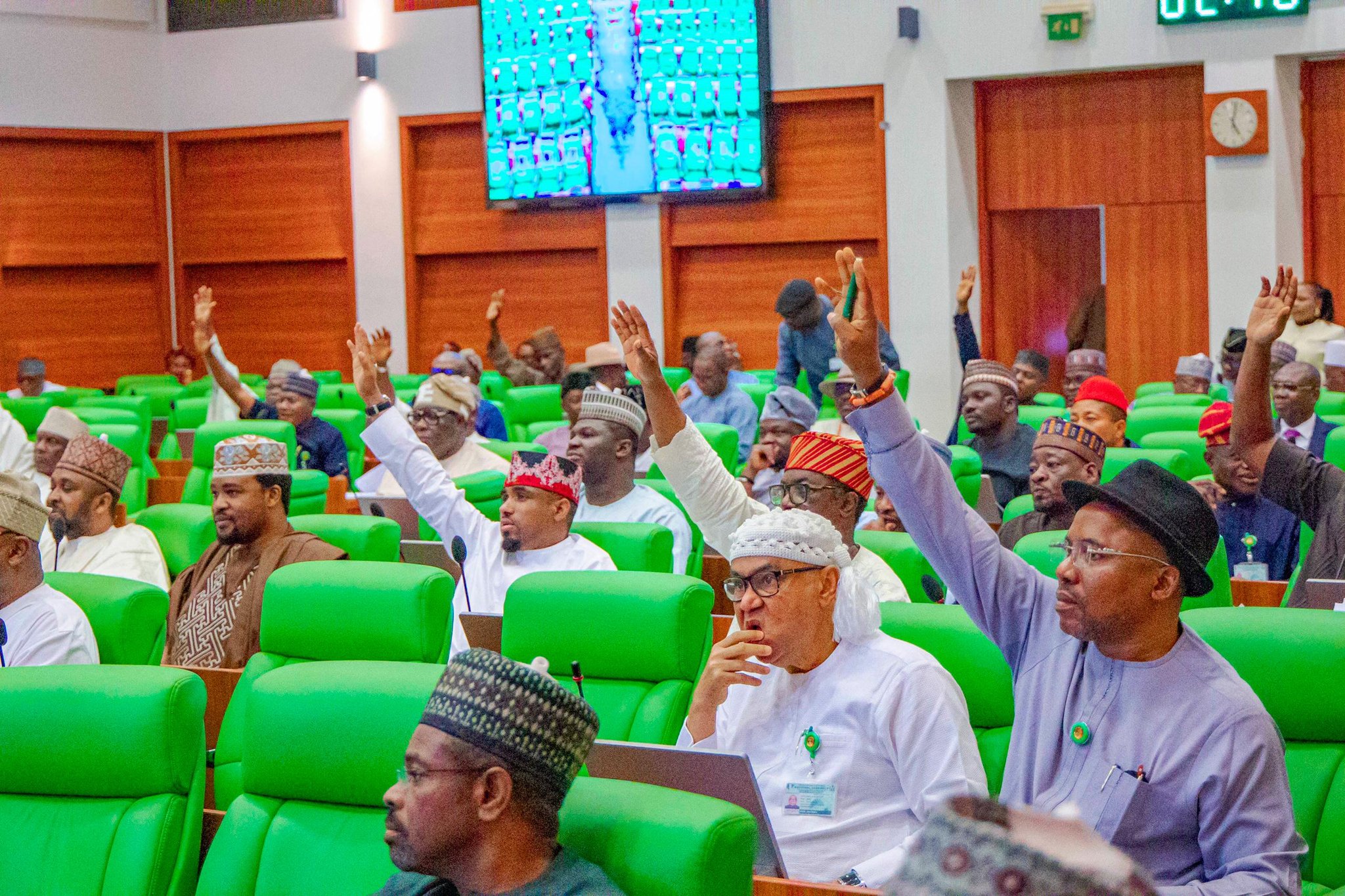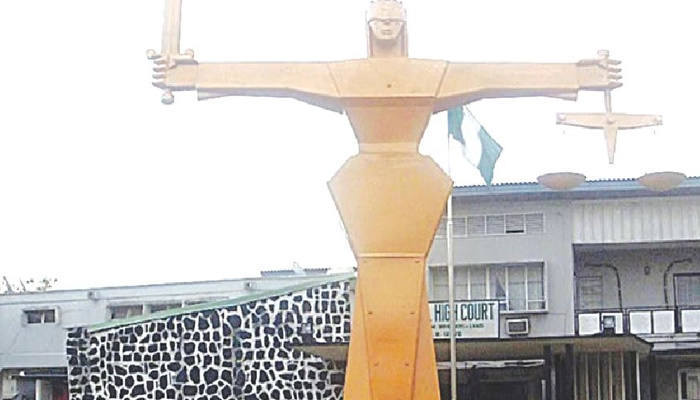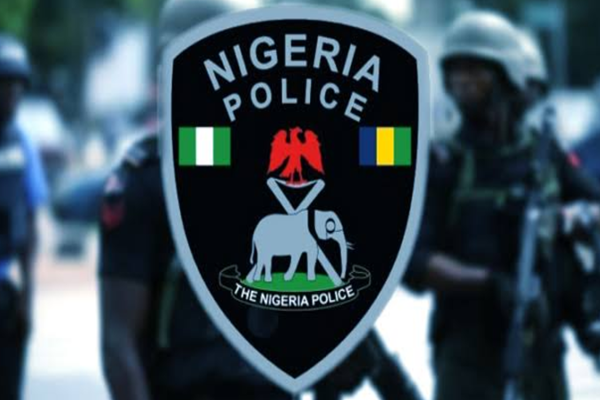Medical services at Lagos State University Teaching Hospital (LASUTH), Ikeja, and several other government hospitals across Lagos were brought to a standstill on Monday as doctors embarked on a three-day warning strike over salary deductions and worsening welfare conditions.
What is usually a bustling environment at LASUTH turned into a near ghost town, with consulting rooms locked, wards emptied, and patients turned away. The industrial action, led by the Medical Guild, has triggered widespread disruption across multiple public health facilities in the state.
A visit by The Nation revealed that many patients who arrived early for appointments or tests were left stranded and confused. At the maternity and laboratory sections of LASUTH, dozens were seen leaving in frustration after waiting endlessly for absent doctors.
“I came from Egbeda for my test results, hoping to see my doctor,” said Mrs. Temilade Ojo, one of the affected patients. “After waiting over an hour, I was told the doctors were on strike. It’s exhausting.”
A hospital staffer who requested anonymity confirmed the situation:
“There’s no work today. Doctors are observing the strike. Most departments are shut down.”
Other hospitals, including Isolo General Hospital and Igando General Hospital, also reported limited activity, with only a handful of medical personnel available. At Isolo, a visitor observed that while nurses were present, only “one or two doctors” were seen attending to patients.
Sources at Igando General Hospital hinted that nurses might join the strike from Tuesday, further deepening the crisis.
The Medical Guild, representing doctors employed by the Lagos State Government, announced the strike on Saturday, July 26, citing unilateral salary deductions, unresolved pay discrepancies, and neglected welfare demands.
“This action became necessary after several meetings with the government yielded no results,” said the Guild’s leadership at the press briefing.
In response, the Lagos State Ministry of Health appealed to doctors to return to work, noting that negotiations were ongoing.
“We urge our medical professionals to reconsider. Their concerns are being addressed with urgency,” said Dr. Tunbosun Ogunbanwo, Director of Public Affairs.
While the ministry claimed that contingency plans had been activated to cushion the impact, The Nation’s on-ground findings suggest these efforts are yet to deliver meaningful relief to affected patients.
The three-day strike is expected to continue through Wednesday, with no resolution yet in sight—raising fresh concerns over the fragility of public healthcare delivery in Africa’s most populous city.




